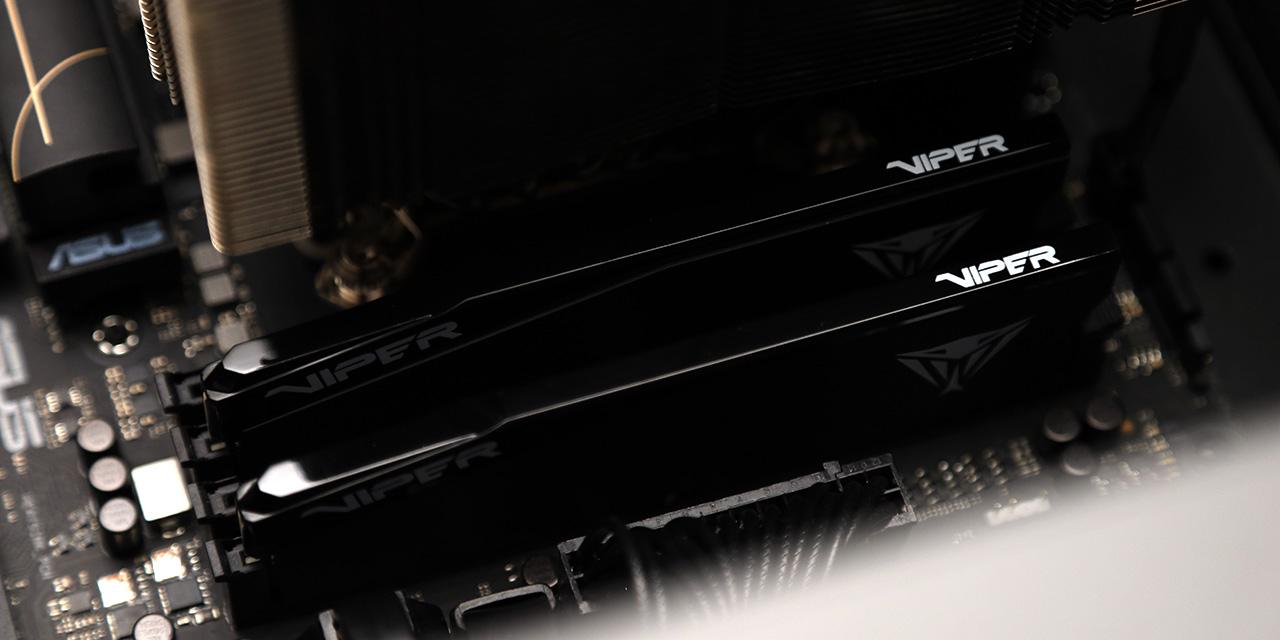From EETimes: Servergy Inc. and Rex Computing debuted low power server architectures using Power and Adapteva processors, respectively, at the Facebook-led Open Compute Summit here. The two startups are the latest vendors leveraging the push for low power in big datacenters to disrupt Intel's dominance in servers.
Servergy showed its 32-bit CT-1000 server using the eight-core Freescale P4080, and said it will roll a 64-bit system later this year using the Freescale P4240. Rex showed a prototype server using 32 ARM Cortex A9 cores embedded in Xilinx Zynq FPGAs working beside Adapteva Epiphany III chips as co-processors. It plans a 64-bit version using ARM Cortex A53 cores and Epiphany IV co-processors.
As many as a dozen companies are working on ARM server SoCs in hopes of gaining an edge over the Atom-based SoCs Intel is now shipping. Servergy and Rex both emerge from a sort of high tech left field with their options.
Servergy is "bucking the trend" toward ARM by choosing the 1.5 GHz Power-based communications SoC from Freescale, said Bill Mapp, founder and chief executive of the four-year-old startup. Even Freescale and other comms chip makers are increasingly migrating to ARM.
The Servergy CT-1000 aims to pack a lot of I/O in a small space. It supports two 10 Gbit and two Gbit Ethernet links and fits into a fourth of a 1U-sized rack consuming about 100 W under full load.
The system includes encryption, network offload, and pattern-matching accelerators as part of an overall system architecture implemented in FPGAs. It is protected by 15 issued patents and geared for a variety of embedded applications in addition to use as a big-data server.
"We're an innovation lab, and our technology can be applied to all sorts of areas including storage going forward," said Mapp.
The company has taken on about $26 million in financing to date. Its 32-bit system faces an uphill fight given startup Calxeda pulled the plug on its 32-bit ARM server SoCs last year with several 64-bit chips expected to sample from multiple vendors in 2014.
View: Article @ Source Site





